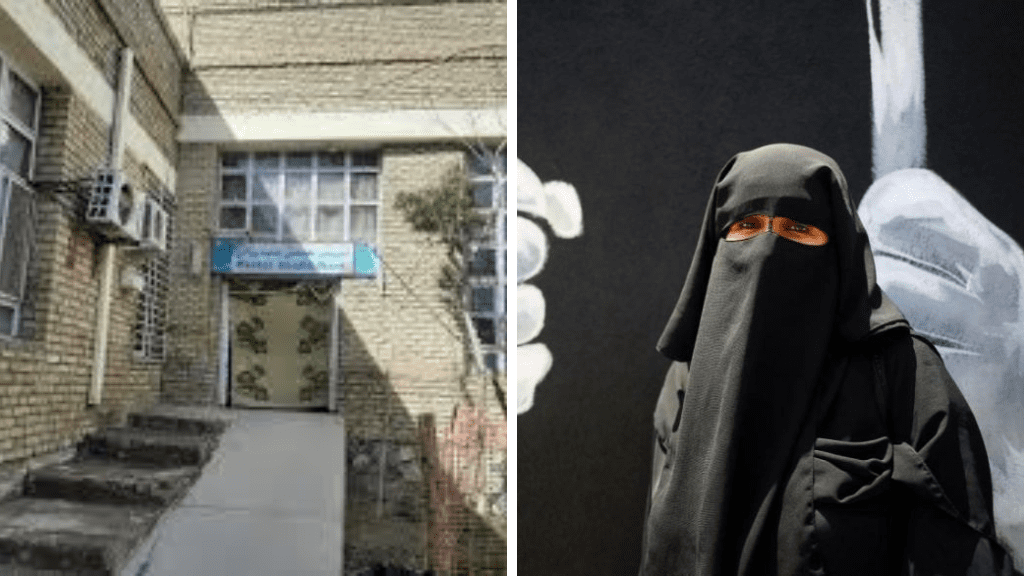Mental illness in Afghanistan is a growing crisis, particularly affecting women. According to a United Nations report, the mental health department at Herat regional hospital has seen a surge in women suffering from psychological disorders. Nearly eighty percent of those seeking treatment for depression are women and girls. The hospital sees 100 patients daily, most of whom are women.
“Every day, 100 people come for treatment, and more than two-thirds of them are women,” said a doctor from the Association of Clinical Psychologists in Herat. Due to security concerns, the doctor wished to remain anonymous. In just one month, almost 400 people were sent for further treatment. Most receive psychological counseling, but severe cases are referred to the regional mental hospital in Herat.
Several factors drive the increase in mental illness among women. Economic hardships have worsened. The oppressive Taliban rule has dimmed their future prospects. Domestic violence has escalated, and restrictions on female education and employment have compounded the issue.
A patient at the hospital, shared her struggles. “I often experience sudden panic attacks,” she said. “My heart feels weak, and I constantly battle lethargy. The ban on my education has plunged me into depression,” she lamented. Tears in her eyes, she asked how long she and other women would be imprisoned in their homes and face an uncertain future. She disclosed her failed suicide attempts and blamed the Taliban for her plight. Forced into marriage by her father during the Taliban regime, she had to give up her role as a civil activist and human rights worker. “Now, I am left with mere memories of a life that no longer exists,” she bitterly remarked.
Since the Taliban returned to power in 2021, women have been stripped of their rights, especially the right to work and education. Most women in Herat oppose recognizing the Taliban government. They believe recognition should only come if the status of women improves. Doctors warn that without intervention, the number of people suffering from depression, particularly in Herat, will keep rising. This can contribute to the rise of Mental Illness in Afghanistan.


